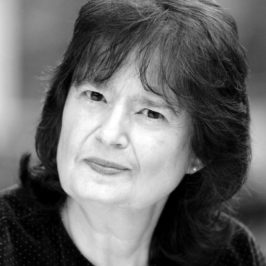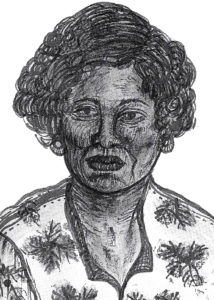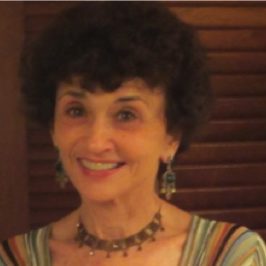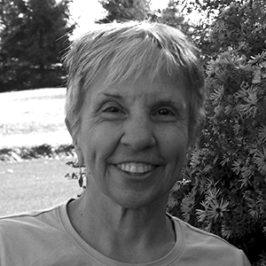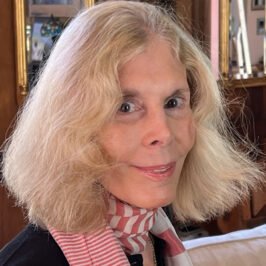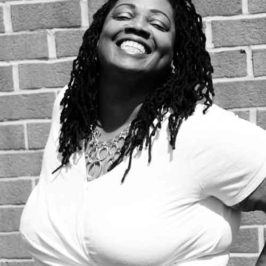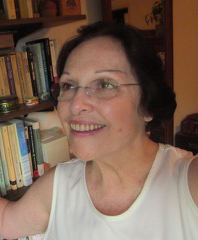

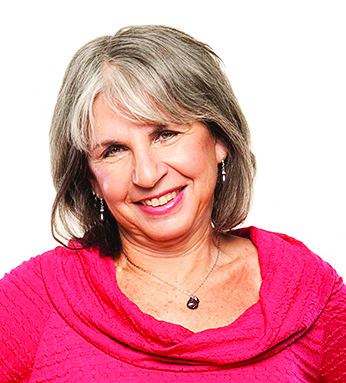
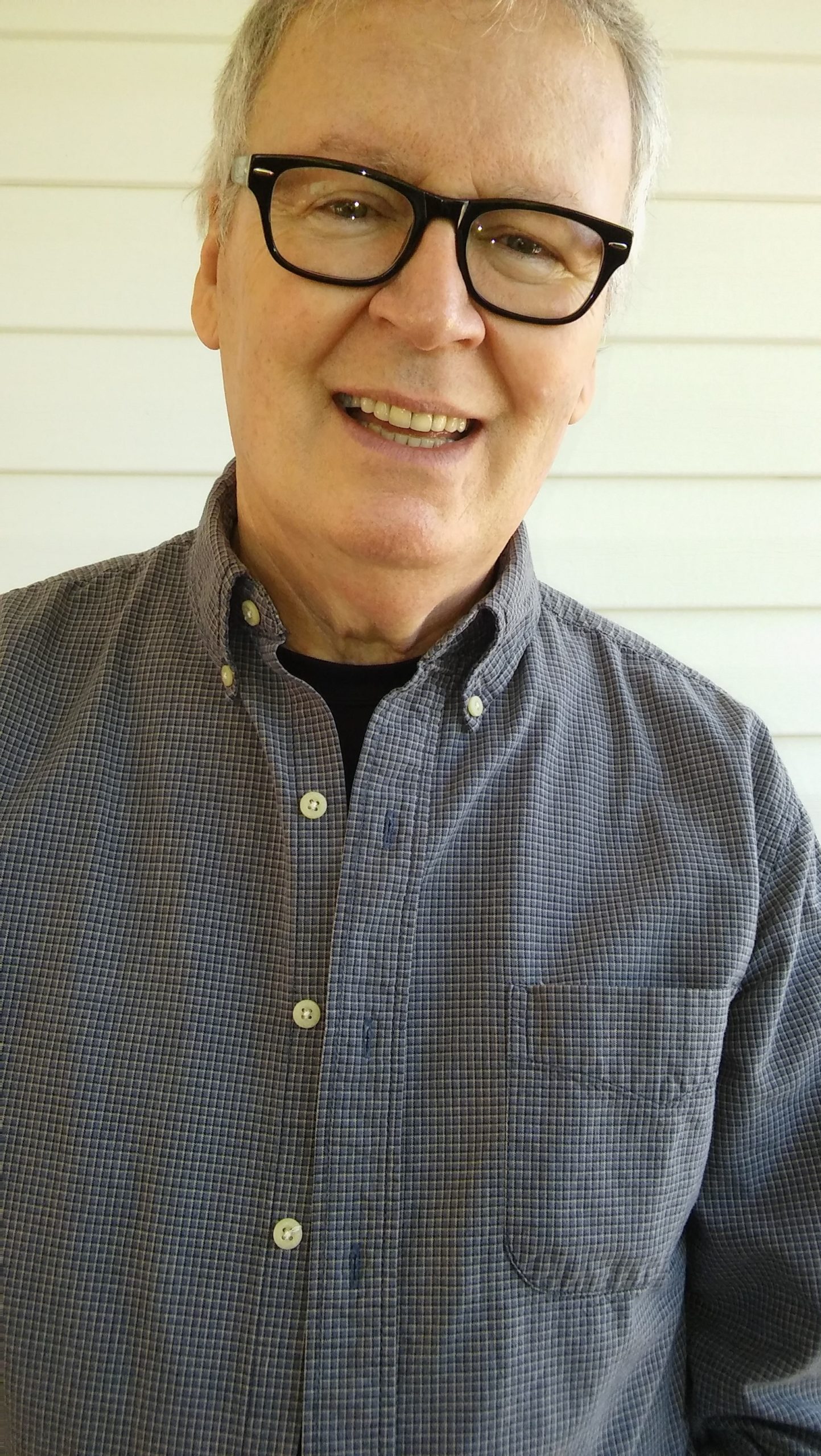
Memorable mothers, with pieces by Maureen Hossbacher, Margaret Osburn, Nancy Davidoff Kelton and Chris Carbaugh.
6 minutes
TRANSCRIPT
Maureen Hossbacher said, “To this day, when I get too fussy about how my apartment looks, I think of my mother, who always had her priorities in the right order.” Here’s an excerpt of Maureen Hossbacher’s essay “Tables.”
Despite limited funds, my mother loved to frequent restaurants.
When we shopped for clothes at the cheapest stores, she
always had money in reserve for the restaurant afterwards. I
would order something with gravy – hot turkey sandwich, or yankee
potroast – because at home she never made gravy. Oddly enough,
at the restaurant she would order something with gravy too. My
father rarely patronized restaurants, but sometimes he and I would
go to Schlumbohm’s, a local ice cream parlor of great distinction. My
mother took me to Schlumbohm’s only once, on the day my dog died.
She understood this situation did not call for our usual gravy and
conversation, but for a cold, sweet jolt of distraction . . .
An excerpt from “Tables” by Maureen Hossbacher from Passager Issue 66.
Next, an excerpt from Margaret Osburn’s short story “The End of the Story.”
Mothers forgive their children everything – don’t they? It’s their way. But children, well, children don’t always return that kindness. I know I feel that. And so does my momma. She never did forgive Lady. And, for whatever harm Lady had done, the glut of Momma’s resentment towards her spilled freely onto me – especially on holidays. If I’d ask to pay my grandmother a visit, Momma would turn on me in an instant . . . “That-woman is-a sore on-your-mind.” Being smart with words pleased her. Still, sometime before New Year’s, we’d arrive at Lady’s door, the three of us extending a ribboned basket of store-bought jams and baked goods, mostly factory cookies and day old breads from Piggly Wiggly. And at the end of our short, less than merry visit, Lady would hand us each – my momma, sister Donna, and me – a pastel handkerchief embroidered with our initials. We thanked her – the handkerchiefs really were pretty – but pretended not to notice the ten-dollar bills she’d washed and ironed, then folded, one into each. “Something to remember me by,” she’d say as we passed from the chill my mother brought with us, everywhere, out into the winter cold.
. . . Lady’s hair was dark, her eyes black. She looked like a sister to our momma. I never would have thought to call her Grammy – or Grandma – or even Grandmother, Dear. All of us, including my momma, called her by her given name.
. . . Momma liked to say you are shaped by your name. Lady never expressed shrill emotions. She was always in control and ladylike, unlike my momma, whose name was Delores, which, in Spanish, means “sorrows.”
Excerpts from “The End of the Story” by Margaret Osburn from Passager Issue 49.
Next, from Nancy Kelton’s memoir Finding Mr. Rightstein.
My sister went to Florida to tell Mom that Dad died. She called me from the nursing home. “I held her hand. She just listened. Then she said, ‘Too bad.'”
Too bad? “She didn’t seem shocked or cry or anything?” I asked.
“No,” Susan said. “I couldn’t tell if it registered, though.”
Right. “Does Mom want to speak to me?” I asked.
“Hang on. I’ll see.”
I heard my sister say, “Mom, Nancy’s on the phone.” She said “Nancy” twice more, then, “Mom, do you want to talk to Nancy?”
My mother said what she always said. “What about?”
An excerpt from Finding Mr. Rightstein, Nancy Kelton.
Chris Carbaugh said he’s written 40 stories about the adventures of his four brothers and himself, and their mother, who his children nicknamed MamaLu. Here’s an excerpt from his story “Darts.”
On the day of the garden club meeting, MamaLu looked like a fashion model. She wore a simple strand of pearls (they looked authentic), beautiful matching blue shoes, and an early blooming white camellia in her hair. She was never partial to hats, always wearing a flower instead. All the ladies of the garden club raved about her outfit. She always looked so beautiful, as they said, in spite of having five boys in her care. She always responded by saying that her boys were the joy of her life, keeping her slim and trim, serving as her tailoring assistants, and always being her cheerleaders. The ladies were amazed that she had made her dress, knowing that she had poor vision. Many of them had shopped at the most exclusive ladies’ shop for their attire. MamaLu’s dress could have easily come from there also. It was simple and elegant. Most importantly it lived up to one of her many sayings within her failsafe philosophy about any venture: “Where there is a will, there is a way.”
An excerpt from “Darts” by Chris Carbaugh from the current issue of Passager.
To buy Finding Mr. Rightstein, subscribe to, or learn more about Passager and its commitment to writers over 50, go to passagerbooks.com.
You can download Burning Bright from Spotify, Apple and Google Podcasts, Audible, and a host of other podcast apps.
For Kendra, Mary, Christine, Rosanne, and the rest of the Passager staff, I’m Jon Shorr.
Happy Mothers Day.

